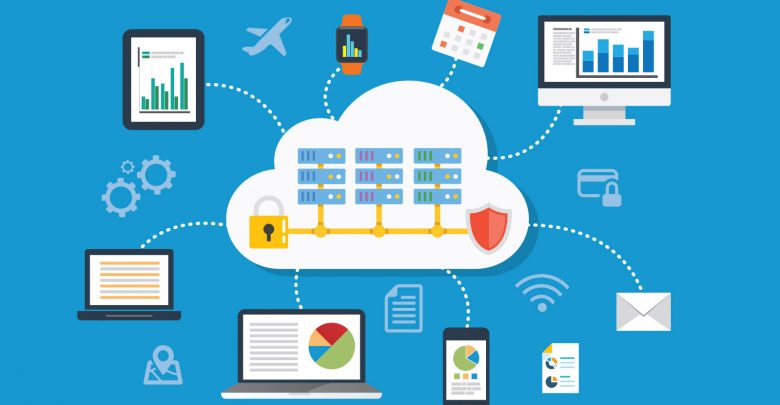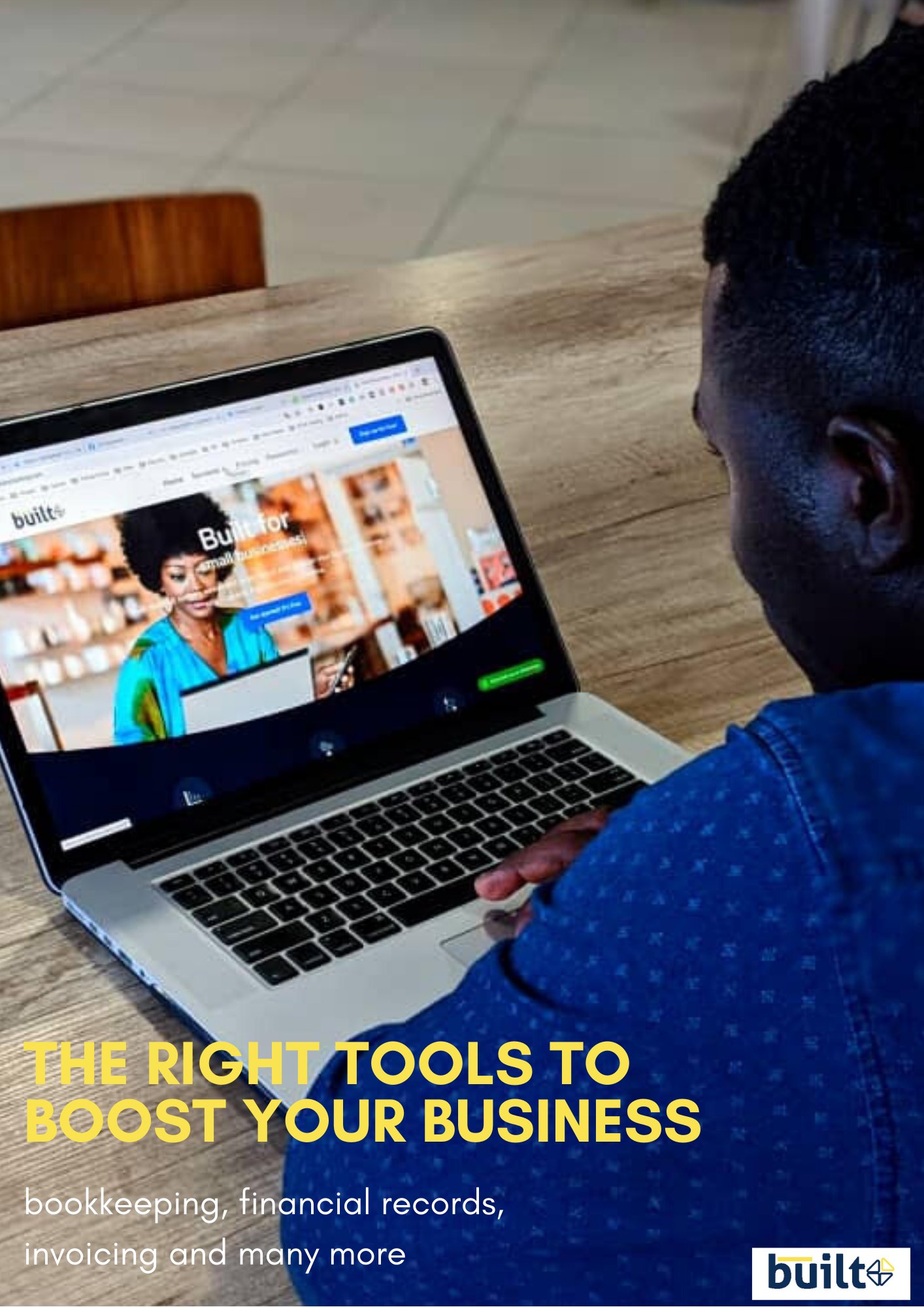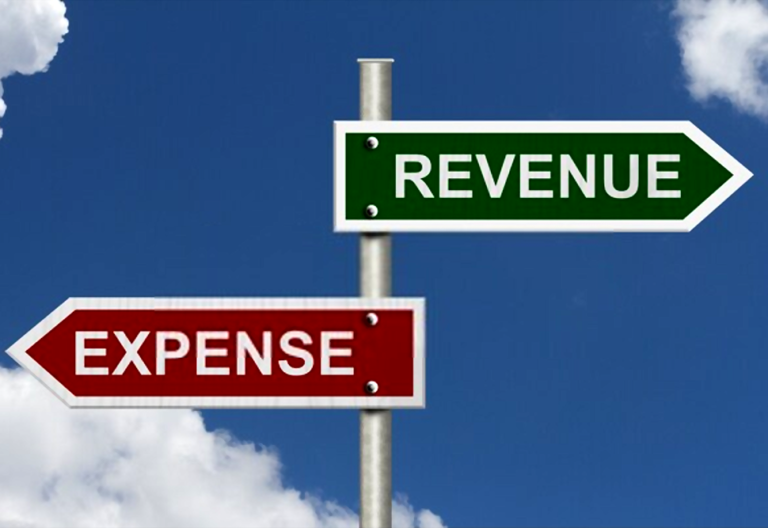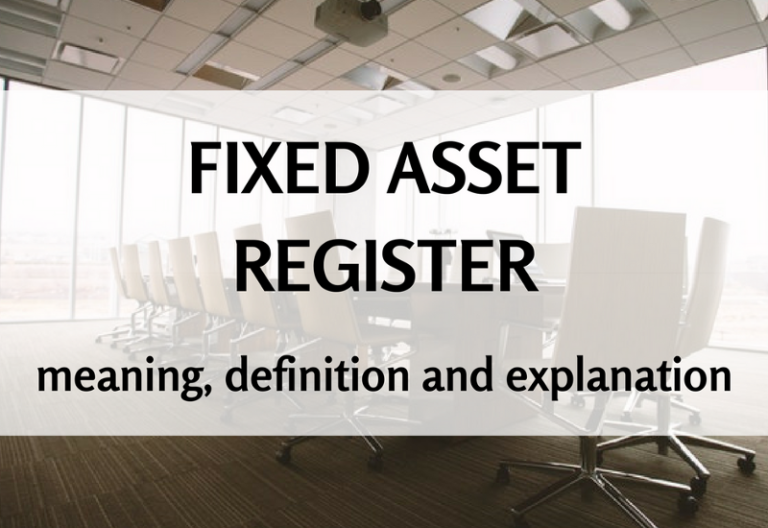The birth and the introduction of technology has brought a new face on how accounting traditionally was processed. Where transactions were manually recorded in columnar papers and kept in a huge folders. Once computers became popular with its accompany affordable software, accounting tasks change from the traditional method into this medium, where concepts stayed the same but mechanics changed from paper accounting to to programs
The transition from traditional accounting to computerized accounting and today cloud accounting has massively contributed to the way accounting operates in the 21st centuries. With the accounting program, data is entered once and it is saved. The program provides management with accelerated reports which is not so in the traditional days.
The advent of modern accounting software has eliminates waiting period in ascertaining certain accounting information such as, daily performance, sales revenue, profit or loss and so on. The program automatically generate those reports the moment the data is entered in the appropriate categories in the accounting software.
Let’s take a look at these four reasons why SMEs should switch from traditional accounting to cloud accounting system.
- You can do business in a go with cloud
Yes! Flexibility is the hallmark of the day, particularly when starting and growing a new business. The cloud is a relief to any busy business owner when it comes to managing accounts. With the cloud accounting software you can manage your business virtually anywhere, no matter where you are, so long as you have an internet connection and a mobile device. Maybe you don’t have a fixed office yet, or probably travelling out of the country. Cloud gives you the room for flexibility at your own space and therefore encourage productivity and efficiency.
- Accuracy is encourage
Computerized accounting systems have drastically increased accuracy of calculations to the traditional, manual accounting system, in which columns had to be added up, numbers move from one page to the next, and trial balance and financial statements manually complied. If errors occurred, many hours had to be spent trying to figure out and correct them. With accounting software, this problem is eliminated. In the case of accounting spreadsheets, a little add up may be needed still, but it is an easier and more accurate as compare to manual process of accounting. As day goes by-and-by changes are made and more sophisticated but user friendly software are developed in eliminating “paper accounting”.
- Cloud allows for interconnection and integration
There are many great cloud-based business tools and platforms that help you run your business more efficiently and they can easily be integrated with one another.in the past, each element of your business whether it be payroll, invoice payments, HR or general accounting had to be dealt with separately, creating a lot of extra expense and using up valuable time. Say no to paper accounting – let’s embrace technology and the benefits it brings. Get everything into the cloud, connect it all up and you’ve got yourself one big, virtual control room.
- It’s great for risk and recovery
Jim Rohn once said ‘’it is risky not to take risk’’. I know you do have one hundred and one reasons why you wouldn’t like to go on cloud with your accounting information but it is imperative also to note that there are thousands and ten reasons why you should go on cloud with your accounting. Yes, some of the benefits have been enumerated above. Consider the implications of traditional accounting, what if your computer get damaged? What if it gets stolen? Natural and human disaster has not come into the equation – name them.
Every business need to know that their data is safely stored and backed up at all times, and the cloud is a secure, cost-effective and space- efficient way of doing this. With the cloud, your data is protected against all manipulations and physical damage to your premises.
When it comes to business accounting in particular, the risk and recovery benefit of the cloud becomes more significant. The challenges of accountant is so much reduced in the case when the accountant is working across a lot of clients and, with it being financial data, which is particularly sensitive.
Managing financial data can be so much time-sensitive, putting a particular burden on accountants who need time to make frequent updates. This is a time-consuming, administrative chore and a responsibility that accountants would prefer not to have. “By switching their data storage onto the cloud with a reputable provider they can be assured that their client information is in the hands of world-class expertise, infrastructure and security. This way, their data is regularly backed up and protected with failover processes that ensure no data is lost even in the unlikely event of a problem, and the administrative chores are taken care of.”
Let’s give it a try with faith knowing the possibilities technology brings are limitless. It’s more greener than ever thought, the burden of accountants and management have been reduced to the the barest minimum. Cloud is the way and the future of SMEs.






Leave a Reply